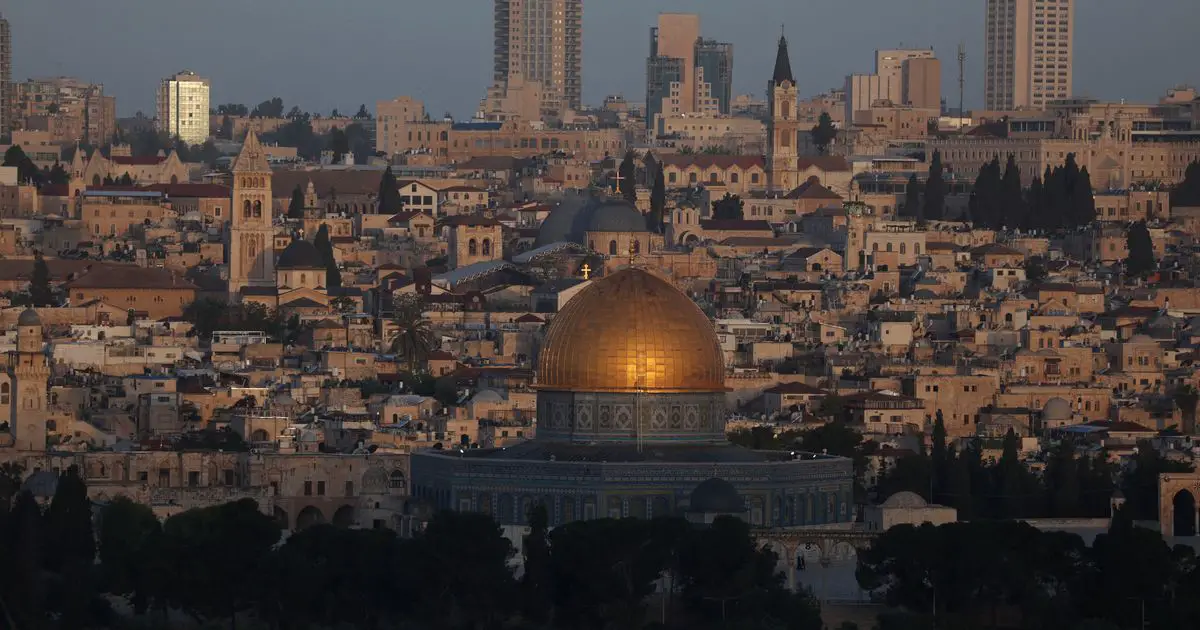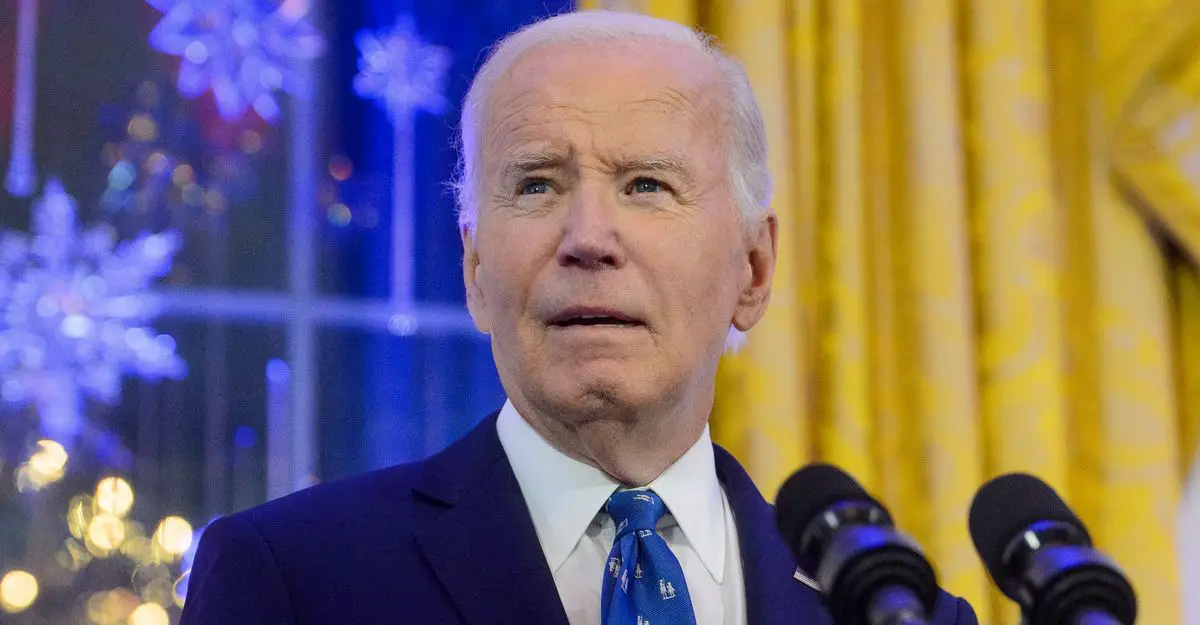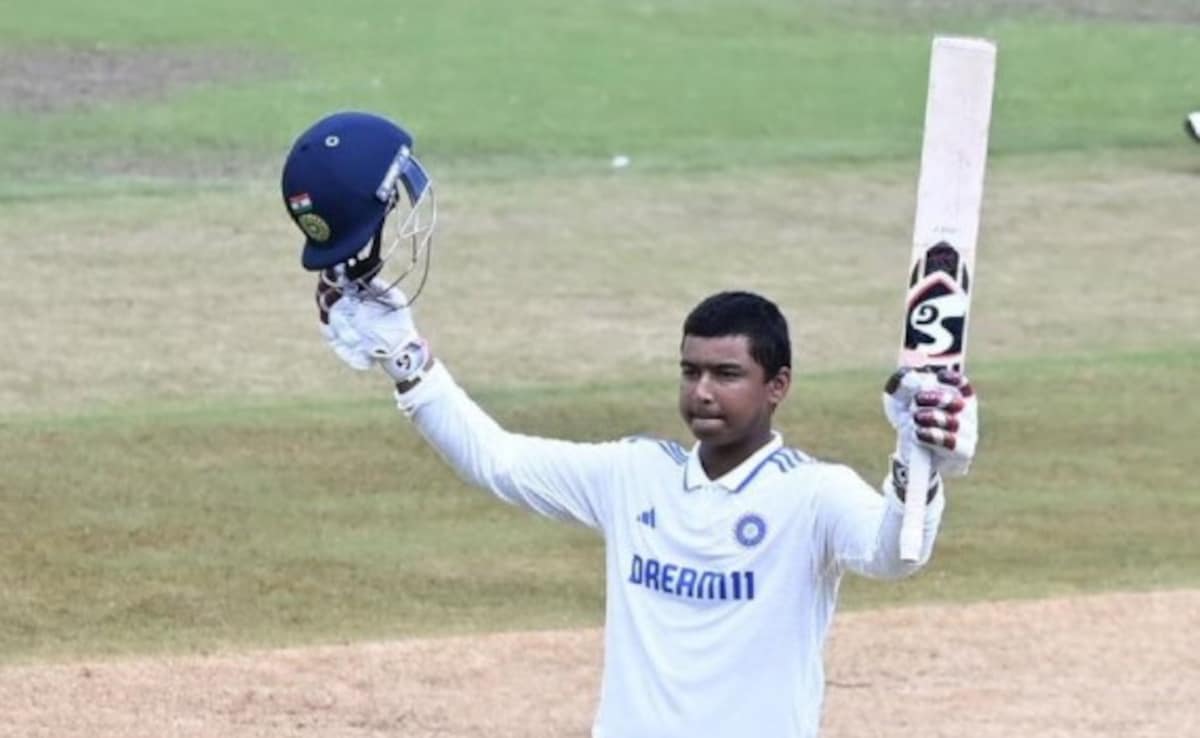
Israel has reportedly retaliated against Iran, six days after Tehran launched its first-ever direct attack on the country.
US officials told the BBC’s US counterpart, CBS News, that Israeli drones hit Iran early on Friday morning.
Explosions were heard near the Iranian city of Isfahan, according to an Iranian news agency.
However, an official told Reuters news agency this was caused by the country’s air defence system, which allegedly destroyed three drones.
Early reports suggest the strike was relatively small. None of the military sites were hit and all nuclear facilities are safe, according to Iran.
Israel’s leadership and military had not commented as of early Friday morning.
UK foreign secretary David Cameron previously warned that it was clear Israel “is making a decision to act” despite international attempts to de-escalate.
The attack followed Iran’s decision to launch hundreds of drones and missiles at Israel earlier in the month.
There were no deaths recorded, although a seven-year-old girl was wounded in the attack and a missile caused light damage at an Israeli airbase.
According to Israel, up to 99% of Iran’s missiles were shot down by the country’s Iron Dome defence system, which was boosted by military support from the US, the UK, France and Jordan.
Israel’s military chief of staff Herzi Halevi promised Saturday’s launch would be “met with a response” although he provided no details at the time.
The Israeli foreign minister, Israel Katz, also said he was “leading a diplomatic attack” on Iran earlier this week.
He said he had asked 32 countries to sanction Iran’s missile programme and follow Washington in listing the Revolutionary Guards Corps as a terrorist organisation.
What is the relationship between Israel and Iran?
Tensions between Israel and Iran have been brewing since the latter’s Islamic Revolution in 1979.
Relations then took a turn for the worse when Israel’s war with in the Palestinian territory of Gaza (against the Iran-backed militants of Hamas) began last October.
Hamas killed 1,200 people on Israeli soil on October 7 and took 253 hostages.
Israel declared war on the militants. More than 33,000 Palestinians have been killed in the subsequent Israeli offensive, according to Hamas-run health ministry in Gaza.
Then, on April 1, an air strike – suspected from Israel – killed two Iranian generals and 11 others in an Syria-based Iranian consular building.
While Israel has still not commented on the attack, Tehran vowed to exact revenge.
Have there been efforts to de-escalate?
The West was urgently trying to deter any further attacks in the run-up to Israel’s retaliation.
UN general secretary Antonio Guterres warned an emergency meeting of the security council that the Middle east was “on the brink”.
Rishi Sunak called for “calm heads to prevail” while Cameron said Israel should be “smart as well as tough” and not retaliate.
White House national security spokesman John Kirby said: “We don’t want to see a war with Iran. We don’t want to see a regional conflict.”
However, he added that it was up to Israel to decide “whether and how they’ll respond”.
Joe Biden also told Israeli PM Benjamin Netanyahu at the weekend that the US would not be joining in with any counter-strike, and that Israel should “take the win”.
Sunak revealed that the major democracies of the G7 were working on taking measures against Iran, too.
Russia, an ally of Iran, has also urged against further escalation, although it stopped short of any direct criticism of Tehran.
Yet, after meeting with Israeli politicians days after Iran’s attack, Cameron said: “It’s right to have made our views clear about what should happen next, but it’s clear the Israelis are making a decision to act.
“We hope they do so in a way that does as little to escalate this as possible.”
Israeli PM Benjamin Netanyahu appeared to dismiss diplomatic interventions amid Cameron’s meeting.
While thanking the “friends” who stepped in to support the defence of Israel against Iran, he said: “I want to make it clear: we will make our own decisions, and the state of Israel will do everything necessary to protect itself.”
What happens next?
Iran may look to hit back.
Iranian Deputy foreign minister Ali Bagheri Kani told state TV on Monday that Tehran would retaliate “in a matter of seconds, as Iran will not wait for another 12 days to respond”.
On Thursday – the day before the attack – Iran’s foreign minister Hossein Amir-Abdollahian also warned that Iran’s response to any attack from Israel would be “immediate and at maximum level”.








